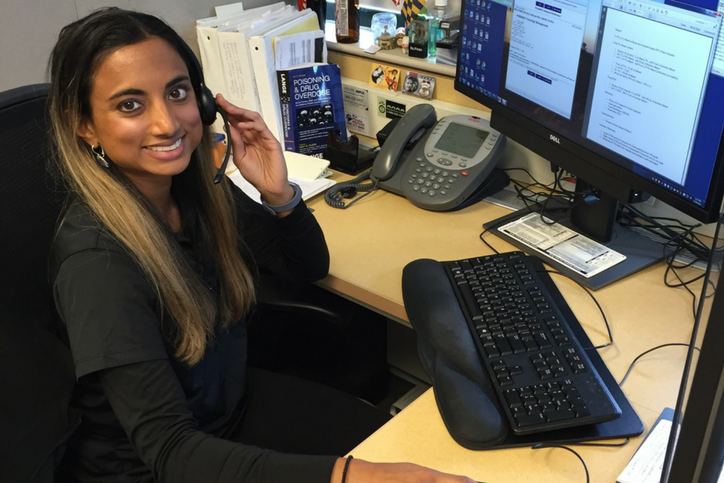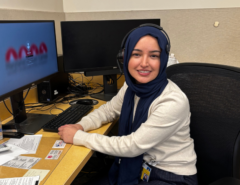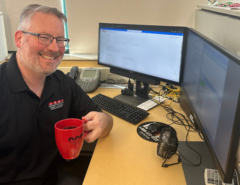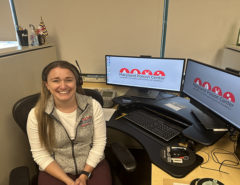When you call the poison center, you often need information or help with a particular situation. You just want an answer to your question. Yet, some callers get frustrated, because instead of getting a quick answer, they are asked a series of questions that they do not believe is relevant to their care. We asked Jen, one of our poison experts, to explain why we ask these questions.
As a poison specialist, part of my job is to quickly collect information and decide how serious the situation you’re calling about is. When you call the poison center, we don’t want you to be surprised when we start asking questions. Below, I describe some of the questions we ask and explain why we need the information.
Why do you ask for my name?
We ask for your or your child’s first name (if your child is the patient) to make sure that, if you have more questions down the road and need to call again, we can easily find your case and pick up the conversation where you left off, instead of starting over again. It also helps when we have to follow-up with you to be able to ask for you rather than asking for “someone who called about a little boy.” We’ll only ask for your last name if we decide you or your child need to go to the hospital, because we call ahead to let the hospital know you are on your way to the emergency room. It helps keep everyone in the loop and also helps the whole process run smoothly.
Why do you ask for my phone number?
We like to collect this information in case your call is dropped or disconnected, since technology isn’t always trouble proof. We may also want to follow up with you later in the day, or the day after you called, to see how you or your child is doing. We’ll need a working number to do so.
Why do you ask for my zip code?
This information is for our records only. If we know where our calls are coming from, we can better guide our education and outreach programs to those areas. It also helps with funding, since most of our money comes from the state. We have no way of finding you just by having your zip code, and will not send you mail. But, if you’d like to receive a poison information packet, a specialist would be happy to take down your information to mail you one.
Why do you ask for my weight?
With certain exposures, we may ask for your weight to help us perform calculations to determine if there is a problem based on body weight. Your weight also helps us determine dosing for medicine or other treatments you may need to receive. If you are calling about your child, try to think about what they weighed the last time they went to the pediatrician. You can also have your little one quickly hop on a scale at home while you are on the phone with us, so that you have that information ready when we ask.
Why do you need to know about the product?
If a household product or medicine is involved, have it with you when you call. We will ask what the product is called. We will need the exact name, not a general description such as ‘laundry detergent’ or ‘kitchen cleaner.’ Not all products are the same, and it’s important that we know exactly what you’re talking about. We may also need you to read information from the package, such as the active ingredients, percentages, or quantities.
What else will you want to know?
Other questions we ask help us determine what type of symptoms to expect and when to expect them, including:
- When did the exposure happen?
- Are you having any symptoms?
- How did the exposure happen?- Was something eaten?
– Was something splashed on the skin or into the eye?
– Was something smoked or inhaled?
- How was the product stored?- Was it in its original container?
– Was it within a child’s reach?
If you suspect you or someone else has been exposed to a poison, call the poison center right away. Do not wait for symptoms. We are open 24/7/365. The call is free and confidential. You’ll always reach a specialized pharmacist or nurse, like myself, by calling 1-800-222-1222.
Jennifer Malloy, PharmD, MPH
Certified Specialist in Poison Information





Leave a Reply